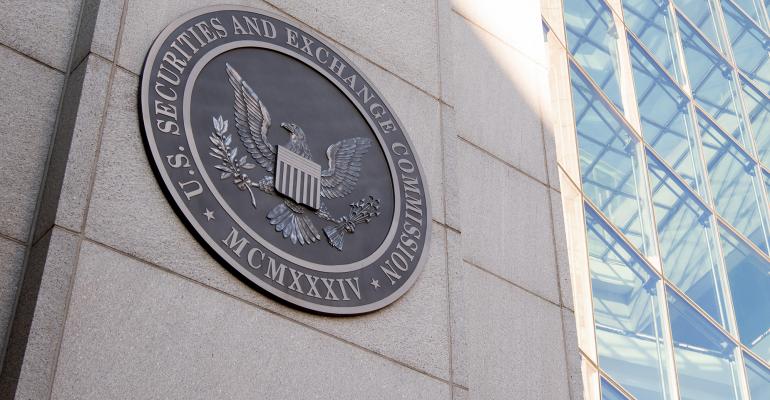The SEC charged two California-based men with defrauding investors, arguing that they acted as unregistered brokers while raising funds they never invested, opting instead to use them for other expenses.
According to a complaint filed in California federal court, in 2018 Stephen Moleski and David Michael were hired to solicit investors to purchase convertible promissory note securities. According to a consulting agreement with the company that hired them, Michael was to be compensated with 34% of funds raised from investors. Throughout 2018 and 2019, the defendants, which included agent Erik Christian Jones, raised more than $1.1 million from investors while never registering with the SEC or operating with a registered broker-dealer.
Also starting in late 2018, the defendants made contact with a separate company, Heartland Income Properties, and were hired to solicit investors for private placement securities offerings, according to the SEC. By early 2019, Moleski and Michael had created Austin Partners I, their own private investment fund, and were hiring agents like Jones to solicit investors for it. According to the complaint, the purpose of the fund was to “pool investment capital” from investors in order to invest it in a portfolio of securities selected and managed by Moleski and Michael. The two men created a document summarizing Austin Partners I’s attributes in a bid to lure potential investors, the SEC stated.
“Our investment objectives are to maximize the returns to our clients and show them phenomenal returns. We will accomplish this by investing as a group giving us more buying power. This will include stocks, real estate, precious metals, energy—such as oil and gas, and a variety of other investment opportunities,” the SEC complaint read, quoting the document. “We attain [sic] a full-time expert licensed broker who monitors daily activity of all stocks, giving a ‘third eye’ on the market’s agile movement.”
But these and other claims in the document were misleading, according to the SEC. Though the document claimed the fund would invest in numerous opportunities, it only held one $85,000 investment in the Heartland offering, with Moleski and Michael receiving 30% commissions from that investment. And there was no ‘full-time expert licensed broker;' in fact, none of the entities Moleski and Michael created ever established a brokerage account or traded a single stock, the SEC claimed.
While the document claimed investors would be provided a safe harbor for their funds, the SEC argued the defendants mishandled the raised money by using it for rent, salaries and commissions, as well as co-mingling it in bank accounts used as personal accounts by Moleski or Michael, making payments to other investors and even withdrawing it for personal expenses.
Moleski previously had a run-in with the SEC when he was cited for his alleged participation in a scheme involving microcap securities; according to a complaint filed in January of last year, Moleski was one of several unregistered brokers operating out of a boiler room. There, he reportedly urged potential investors to purchase securities at a time coordinated by the boiler room operators, ensuring that buy and sell orders would match. But on the Austin Partners I document, Moleski named himself as “Steve Scott” (Scott being his middle name), in what the SEC alleged was an attempt to prevent potential investors from learning about the previous complaint.
The SEC’s seeking an injunction for the defendants, along with disgorgement, prejudgment interest and civil penalties from Moleski, Michael and Jones, according to the complaint.
Moleski and Michael could not be reached to comment.





